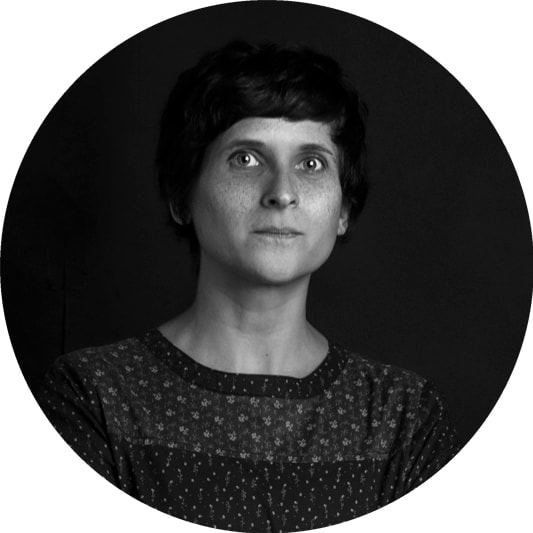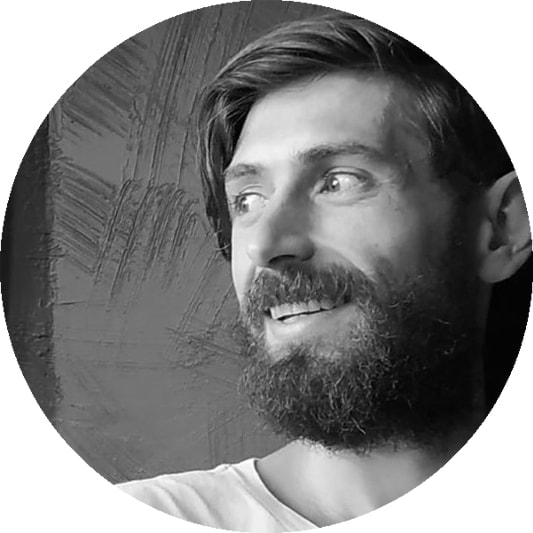|
Tali Last week, Oscar wrote about lakes as layered and that below the water, mineral and organic particles (including the silica structures of dead diatoms) are deposited on the lake bottom, building up sedimented layers. Each layer contains numerous indicators of change including pollen, charcoal, algae remains, among others. “These sediment layers are used to understand past changes in atmospheric, terrestrial, and aquatic changes. Lake sediments keep record of how lakes were born, how they evolved; they keep record of changes in the atmosphere, and forest fires; they tell us about human settlement, colonization, forestry and agricultural practices.” When we spoke about this later, Oscar pointed out that scientists usually only study one tiny aspect of what could be learned from any one layer of sediment. Some will look at pollen, some will look at carbon, etc. No scientist looks at the whole of a layer. No scientist would have the tools or time to read the full story any one layer of sediment has to tell. It isn’t practical or possible. Piecing together the story would need to be done by someone else. Everyone brings their own perspective and their own tools, which then shapes what one learns from the sediment. The knowledges/frameworks/expertise/cultural biases/experiences/political and social structures/worldviews we bring, determine, at least in part, what we see and what we learn. Or, as Donna Haraway puts it in phrases scattered throughout her recent book Staying With the Trouble: Making Kin in the Chthulucene: “It matters what thoughts think thoughts, it matters what knowledges know knowledges, it matters what stories tell stories, it matters which concepts think concepts.” The questions we ask of something shapes the answer we receive from it—this is certainly one of the benefits of cross disciplinary collaboration and dialogue. Coming from different disciplines, while Oscar and I have many over lapping interests, we often frame questions differently or focus in on different questions about the same thing, making for wide-ranging conversations that, I think, are expanding both of our perspectives.
0 Comments
Leave a Reply. |



